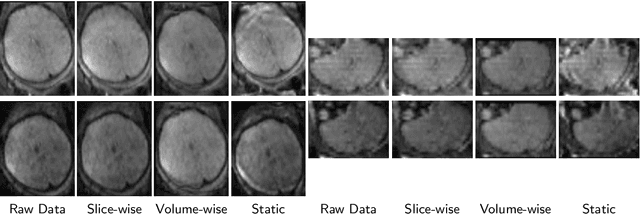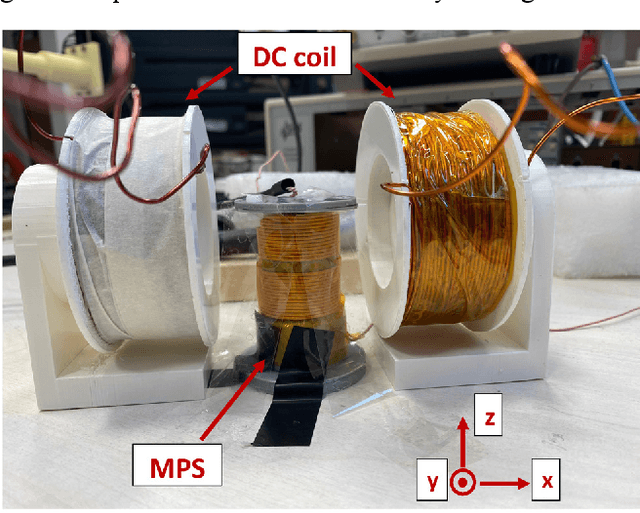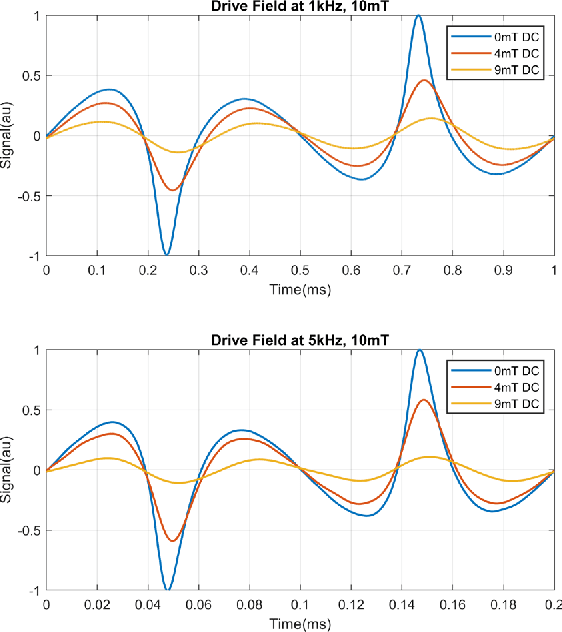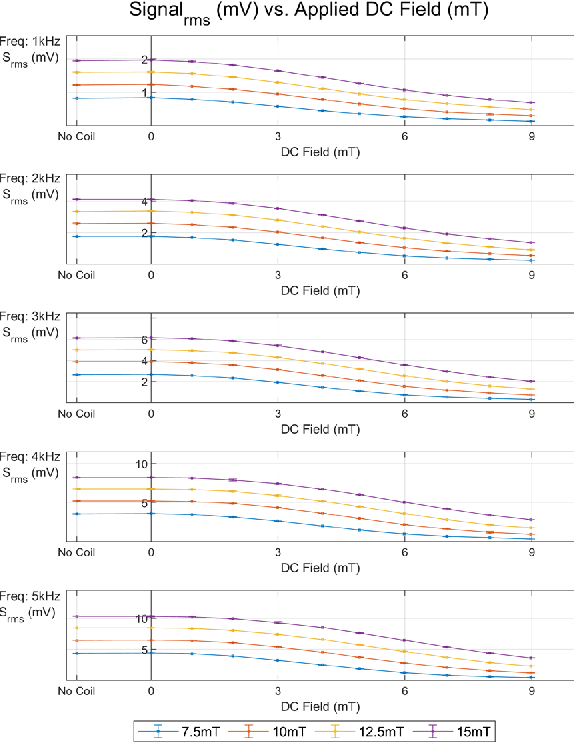Mustafa Utkur
HAITCH: A Framework for Distortion and Motion Correction in Fetal Multi-Shell Diffusion-Weighted MRI
Jun 28, 2024



Abstract:Diffusion magnetic resonance imaging (dMRI) is pivotal for probing the microstructure of the rapidly-developing fetal brain. However, fetal motion during scans and its interaction with magnetic field inhomogeneities result in artifacts and data scattering across spatial and angular domains. The effects of those artifacts are more pronounced in high-angular resolution fetal dMRI, where signal-to-noise ratio is very low. Those effects lead to biased estimates and compromise the consistency and reliability of dMRI analysis. This work presents HAITCH, the first and the only publicly available tool to correct and reconstruct multi-shell high-angular resolution fetal dMRI data. HAITCH offers several technical advances that include a blip-reversed dual-echo acquisition for dynamic distortion correction, advanced motion correction for model-free and robust reconstruction, optimized multi-shell design for enhanced information capture and increased tolerance to motion, and outlier detection for improved reconstruction fidelity. The framework is open-source, flexible, and can be used to process any type of fetal dMRI data including single-echo or single-shell acquisitions, but is most effective when used with multi-shell multi-echo fetal dMRI data that cannot be processed with any of the existing tools. Validation experiments on real fetal dMRI scans demonstrate significant improvements and accurate correction across diverse fetal ages and motion levels. HAITCH successfully removes artifacts and reconstructs high-fidelity fetal dMRI data suitable for advanced diffusion modeling, including fiber orientation distribution function estimation. These advancements pave the way for more reliable analysis of the fetal brain microstructure and tractography under challenging imaging conditions.
Vector Modulator Based Active Compensation of Direct Feedthrough in Magnetic Particle Imaging
Feb 13, 2024Abstract:In magnetic particle imaging (MPI), simultaneous excitation and signal acquisition leads to direct feedthrough interference. While this interference can be mitigated up to some extent with passive compensation, its time-varying nature necessitates active compensation methods to achieve the sensitivity levels needed for applications such as stem cell tracking. We have recently proposed an active compensation technique for MRI, which uses a vector modulator and a lookup-table-based algorithm for reducing the direct feedthrough in the analog domain. Here, we adapt this technique to MPI, demonstrating a successful recovery of the fundamental frequency and a significant increase in detection sensitivity.
Vicinity Effects of Field Free Point on the Relaxation Behavior of MNPs
Nov 30, 2021



Abstract:In Magnetic Particle Imaging (MPI), the distribution of magnetic nanoparticles (MNPs) is imaged by moving a field free point (FFP) in space. All MNPs in close vicinity of the FFP contribute to the signal induced on the receive coil. The relaxation behavior of these MNPs are subject to a DC field due to the selection field (SF). In this work, we investigate the effects of the DC field on the relaxation behavior of the MNPs, with the goal of understanding the differences between the measured relaxations in Magnetic Particle Spectrometer (MPS) setups vs. MPI scanners.
 Add to Chrome
Add to Chrome Add to Firefox
Add to Firefox Add to Edge
Add to Edge